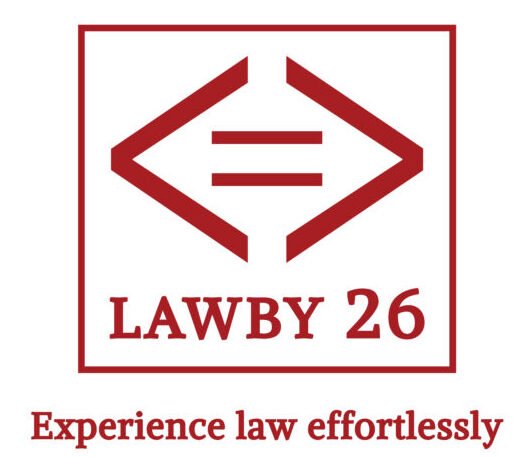AI rendition of popular songs have been all the rage on social media these days. The most fascinating of these AI covers are the once done in the unlikely baritone voice of prime minister Narendra Modi. The rise of free AI voice-cloning tools has allowed netizens to utilise Modi’s digitally rendered voice for “covering” famous songs all across the country. However, the use of AI to create a “cover” of a song raises questions about the originality of the work and the role of the AI model’s creator.
Legal provisions relating to AI
The law related to AI-generated work has been inadequate due to the rapid rise of AI. The copyright laws in India have not evolved quickly enough to address such issues. The Copyright Act was amended in 1994 to include computer-generated works, along with literary, dramatic, musical, or artistic works. Section 2(d)(v) was introduced in the act to define the authorship of such works as “the person who causes the work to be created.” However, as of now, Indian copyright law does not provide a clear answer to the question of copyright ownership in AI-generated works., making ownership of content produced by AI tools a complex and evolving issue. On 23 July 2021, the Parliamentary Standing Committee, reviewing the Indian Intellectual Property Rights (IPR) regime in its 161st report recommended creating a separate category of rights for Artificial Intelligence and related innovations, suggesting solutions for their protection as intellectual property rights (IPRs).
Right of publicity
PM Modi could, in this hypothetical case, could invoke the right of publicity in order to protect their rights, which prohibits the unauthorised use of their distinctive voices and personalities. This has been supported by precedents in cases such as Anil Kapoor v. Simply Life India & Ors., CS(COMM) 652/2023 and I.A. 18237/2023-18243/2023 where the plaintiff claimed that the defendants violated his personality rights, intellectual property rights, and common law rights by selling merchandise, creating GIFs, and using artificial intelligence to generate deep fakes featuring his persona without his consent. The court ruled in favour of Anil Kapoor and recognized his right to protect his persona and commercial interests from unauthorised and harmful exploitation. The Court ordered the defendants to stop using, selling, or distributing any products or services that infringe upon Anil Kapoor’s persona. The court also ordered the defendants to pay damages and costs to Anil Kapoor.
Ethical aspects
It is also important to note that the issue of artificial intelligence-generated content is not only a legal grey area but also a moral one. While using AI to generate covers of songs may seem harmless, not all uses of AI are benign. For instance, a deep fake video of actor Rashmika Mandanna went viral on social media, which opened the public’s eyes to the dangers of unregulated AI and about the ethics of using the voice and likeness of a person using AI without their consent. It is the need of the hour to address and regulate AI before it evolves to a point where it becomes uncontrollable. It is also important to consider the human aspects and ethical concerns when regulating AI as it is important to balance that too. Meanwhile, as we wait, we have to settle for enjoying AI covers of Mr. Narendra Modi singing popular Bollywood songs.
Done By: Adithya Menon, 5th year B.A, LL.B(Hons.)
Veltech School of Law, Chennai
For Origin Law Labs



